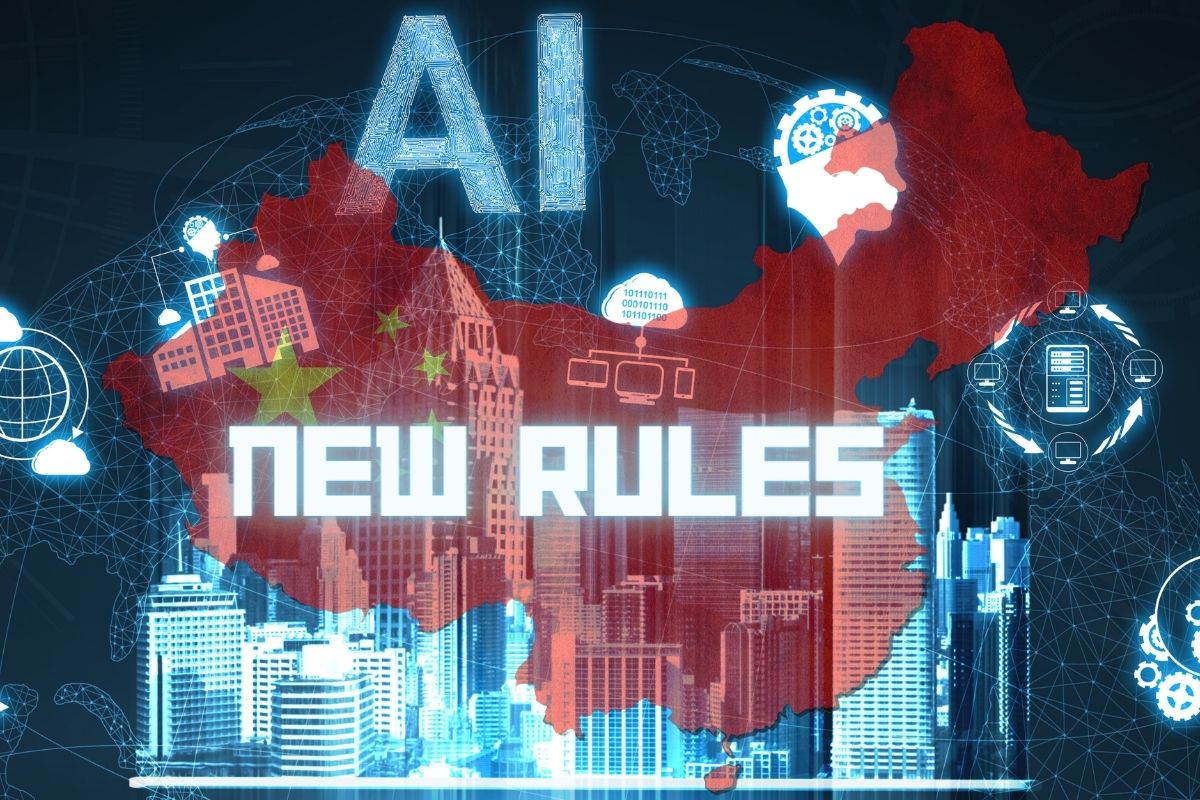The Chinese giant has unveiled its own rival to the headline-making ChatGPT.
Alibaba, the technology giant from China, recently unveiled its own generative artificial intelligence model, which it has stated will soon be integrated into all the company’s mobile apps.
The chatbot is the company’s version of the technology powering the much-discussed ChatGPT.
The recent unveiling arrived nearly simultaneously with the Chinese government’s announcement of a list of draft rules describing the required management of generative artificial intelligence services.

The AI language model has been named Tongyi Qianwen, a name which translates to “truth from a thousand questions.” In a demonstration of the technology, it planned trip itineraries, wrote letters of invitation, and provided shoppers with makeup buying tips and advice.
The first app that will receive the Tongyi Qianwen artificial intelligence is DingTalk.
DingTalk, a workplace messaging app, will be the first to receive the AI chatbot integration. The application can be used for writing emails, summarizing meeting notes and creating business proposals. The AI will also be integrated into Alibaba’s voice assistant, Tmall Genie.
This new tech, “will bring about big changes to the way we produce, the way we work, and the way we live our lives,” said Alibaba CEO Daniel Zhang at the livestreamed event that unveiled the technology.
According to Zhang, Tongyi Qianwen and other AI models are “the big picture for making AI more popular in the future.” The company’s cloud unit intends to integrate Tongyi Qianwen to its users so they will be able to develop their own customized large language models and start registrations.
That said, the Cyberspace Administration of China has published a set of draft rules saying that while the country is supportive of the innovation and popularization of artificial intelligence, generated content will be required to adhere to “core socialist values.” Moreover, it will also be required to comply with data security and personal information protection laws. Failure to comply could lead to fines or criminal investigations, said the draft rules publication.
The new rules remain in draft form and are open for public comment until May 10. They have arrived at a time when countries worldwide are scrambling to understand the scope of generative AI technology and how to best regulate it.

